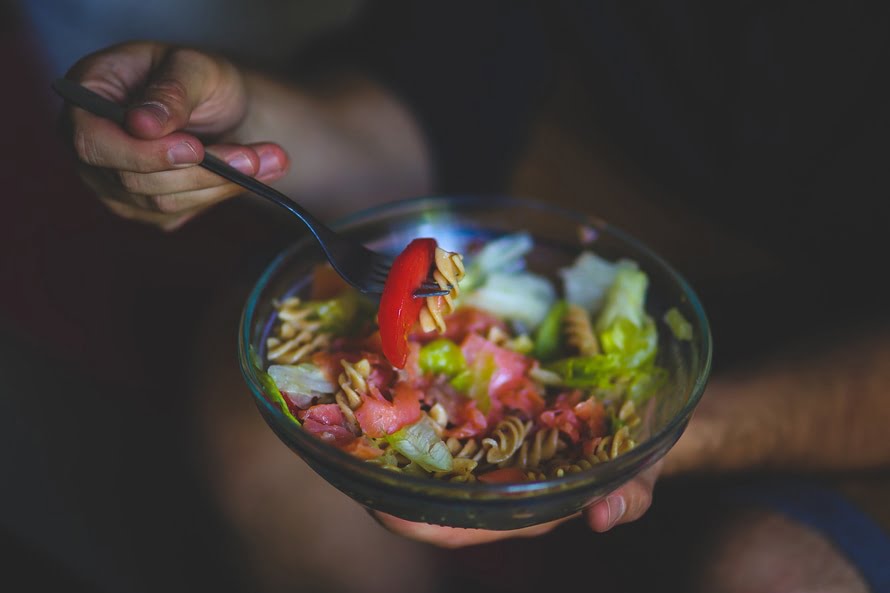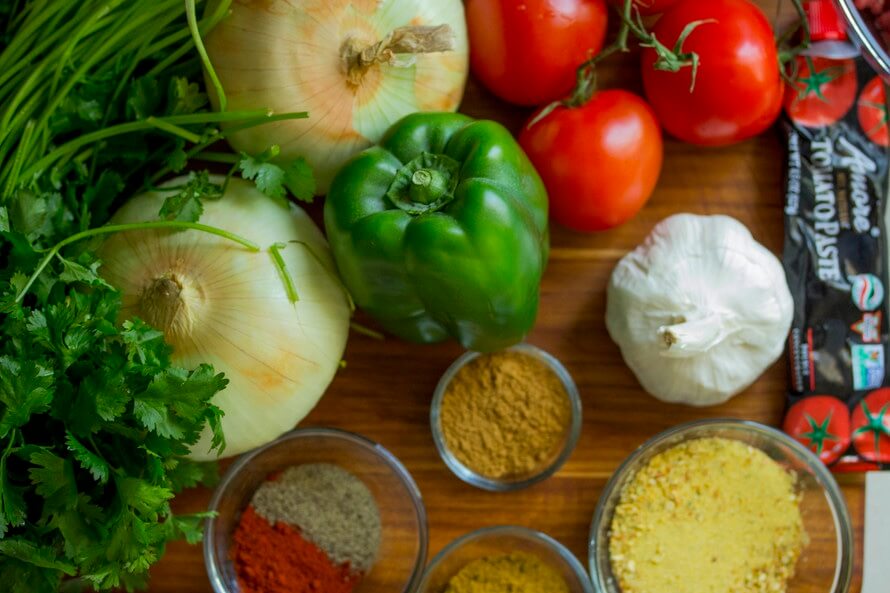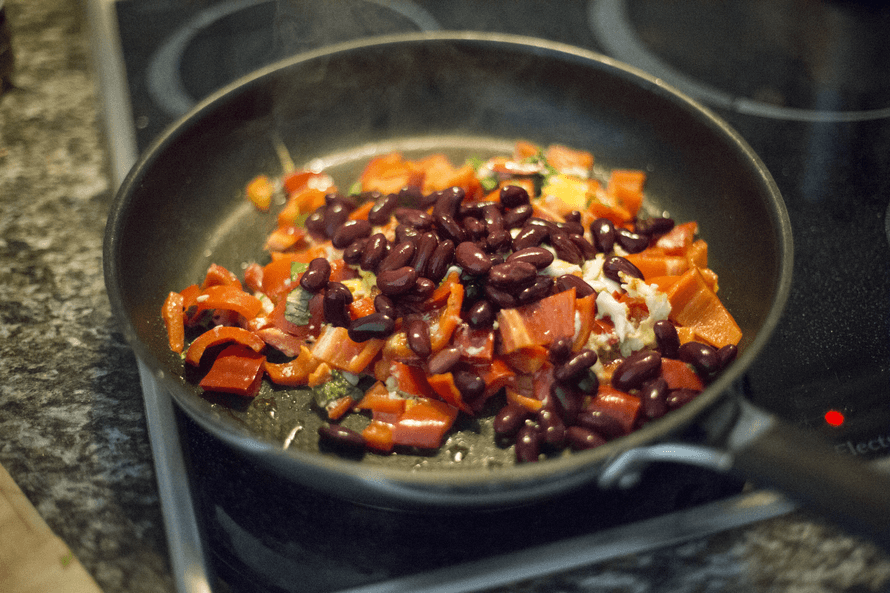
Veganism has hit the headlines recently as more people in the UK turn to the diet and begin to live a vegan lifestyle. Earlier this year, it was reported by The Vegan Society that around 500,000 Brits are now thought to be eating and living vegan; that’s a staggering 250% increase in the last ten years.
So what exactly is a vegan diet, what are the pros and cons and how can you incorporate veganism into your daily routine? Read on to discover all you need to know about the vegan diet and lifestyle:
What is veganism?
Veganism is a totally animal-free diet that avoids animal products such as meat, dairy products and eggs as well as lifestyle products including leather and beauty products routinely tested on animals.
Although its origin is unknown, veganism can be traced back as far as the 19th Century when vegetarianism and veganism became a significant movement. The term “vegan” itself was coined in the 1940’s when the number of non-dairy consumers, an extension of the “traditional” vegetarianism, began to rise.
What does a vegan diet consist of and what can’t you eat?
Typically, vegan diets are full of fresh fruit, vegetables, carbohydrates and dairy alternatives such as soya and nut-based products, along with beans and pulses to act as a protein substitute.
Those living a vegan lifestyle will avoid all meat and fish as well as:
- Eggs
- Dairy items including whole milk, butter, cream and yoghurt
- Honey
- Products containing gelatine such as marshmallows and gummy sweets
- Cheese

What are the pros of a vegan diet?
Whilst veganism is more of a lifestyle choice and a philosophy than a diet as such, veganism does have some health benefits. According to studies, eating animal fats and proteins can increase a person’s risk of conditions such as diabetes, rheumatoid arthritis and hypertension. And, of course, eating more fresh fruit and vegetables in your diet can only have positive outcomes to your health.
In addition, veganism also helps to reduce livestock farming which can have a significant impact on our planet; it’s said that the production of meat and other animal products places a heavy burden on the globe and therefore cutting down on consumption of such foods can lend itself to a greener, more efficient environment.
What are the cons of a vegan diet?
The biggest con of a vegan diet is the deficiency of certain vitamins and minerals that meat and dairy products give you, notably protein and B12. Whilst these can be obtained from other products (soya, for example, is full of magnesium and potassium), it can be tricky trying to incorporate all essential vitamins to a vegan diet without relying on supplements.
Another con is the difficulty it makes eating out; whilst many restaurants will offer vegetarian options, veganism is still not always recognised by chain restaurants or cafes and therefore you have to check the menu carefully before dining out to ensure there’s an option available for you.
How can you start a vegan diet?
Making any radical change to your diet can be hard and going vegan in particular can have some side effects to begin with. Planning ahead is important if you’re thinking of turning vegan; ensure you’re stocked up with alternatives before you embark on the lifestyle and do your research first. Turning vegan isn’t as simple as just ditching the meat and cheese; it needs careful consideration as to how and where you’ll get a balanced diet elsewhere without having a significant impact on your health.
Start with the basics first: cut out meat and fish to begin with and start experimenting with more vegetable based dishes and fruity desserts. Then, cut out your dairy once you’ve found a suitable alternative that agrees with you. There are plenty of vegan blogs and recipe sites out there that can offer inspiration.
If you want to go the “whole hog” and start living vegan throughout your lifestyle as well as your diet, again, do your research as to brands that stock animal-friendly products such as beauty, skincare, clothes, shoes and accessories. Don’t just throw all of your old stuff away; give them to friends or donate them to charity. Take everything one step at a time and try not to rush into veganism; experiment with it and see what works for you before making the full commitment.

What are the best alternatives for a vegan diet?
If you do decide to turn vegan, it’s important to know what substitutes there are in the supermarket or at your local grocers to ensure you’re getting enough vitamins and minerals in your new diet. Here are some of the best alternatives you should stock up on:
- Pulses – Full of iron that’s needed for the production of red blood cells, pulses such as lentils, peas, beans and chickpeas are a cupboard essential and can be used for all sorts of recipes; from homemade hummus to salads, curries and soups.
- Wholemeal bread and flour – Wholemeal products such as brown pasta, rice and cereals are an important carbohydrate source that can easily bulk out a meal or form the basis for a healthy balanced snack.
- Soy, nut or oat milk – Full of protein, these dairy milk alternatives work perfectly in cereals, smoothies, porridge…in fact, any recipe you’d normally look to add regular milk to! They’re typically lower in sugar too and have a longer shelf life.
- Tofu – Perhaps the alternative most synonymous with veganism, tofu is a fantastic source of protein that can be used in both sweet and savoury dishes. Tofu scramble can make a wonderful substitute for your morning egg dish or add it to salads or stews in place of meat.
- Maple syrup – If honey forms a staple part of your non-vegan diet, you’ll likely miss it when turning to veganism. Products like maple syrup, agave nectar or brown rice syrup make the ideal swap-in as they’re full of sweetness without any animal products involved. Add it to your baking, on top of coconut yoghurt or with your morning oats.
You can find out more about vegan living on The Vegan Society website.